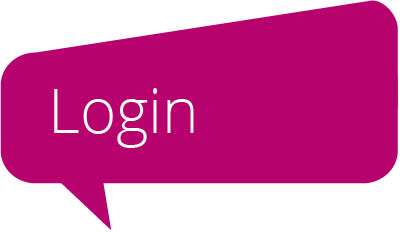- This topic has 1 reply, 2 voices, and was last updated 6 years, 9 months ago by
 HopeLifeJoy.
HopeLifeJoy.
-
AuthorPosts
-
-
14th September 2018 at 10:48 am #64079
 CopperflameParticipant
CopperflameParticipantHi Ladies,
I don’t often post on here these days as I left my abuser a while ago now. However since leaving him, I’ve had issues with dysfunctional friendships and am now having therapy to work through these issues. One of my issues is that I am a rescuer and a fixer and seem to attract friends who need taking care of. My problem is that I struggle to tell the difference between simply helping someone out, or enabling or rescuing.
On two occasions, a friend has turned up on my doorstep having left her abuser, totally broke and no phone credit. I let her to stay with me, supported her financially, transported her around etc, until emergency accommodation could be found. I gave her clothes/toiletries etc as she’d left with nothing. This time round she had to stay with me for several days before emergency accommodation was found.
I’m currently signed off on long term sick leave with depression and anxiety, so my own financial resources are limited at the moment. The ladies at my DV support group say I’m enabling and rescuing her, but I feel confused. I would feel terrible turning anyone away if they turned up on my doorstep having left an abuser, but I don’t want to go through all this disruption again.
I’ve been in two abusive relationships myself, and I left and returned to my abusers on more than one occasion before I left them for good, but I always planned my departures carefully beforehand. However, I do realise this is not possible for everyone and some women have no choice but to flee with nothing.
This is likely to happen again. If it does, do you think it would be ok for me to say no next time? Or would it be uncharitable of me?
Thanks, Copperflame
-
15th September 2018 at 1:10 pm #64140
 HopeLifeJoyParticipant
HopeLifeJoyParticipantHi Copperflame,
I like a quote very much which goes something like this:
Don’t give the fish to the hungry instead teach her how to fish.I think it’s important you are saying No to your friend and that she turns to professional help for support.
Give her the number of Women’s Aid.
That way you are her friend, not her savior. Let the professional aid do their work and take care of her.
She has to learn to turn to professional aid for help and support (Women’s Aid, Police, Rights for women, Benefits etc), to ask for safety, security, shelter, money and everything that needs to be sorted out in her life.All the best.
-
-
AuthorPosts
- You must be logged in to reply to this topic.


